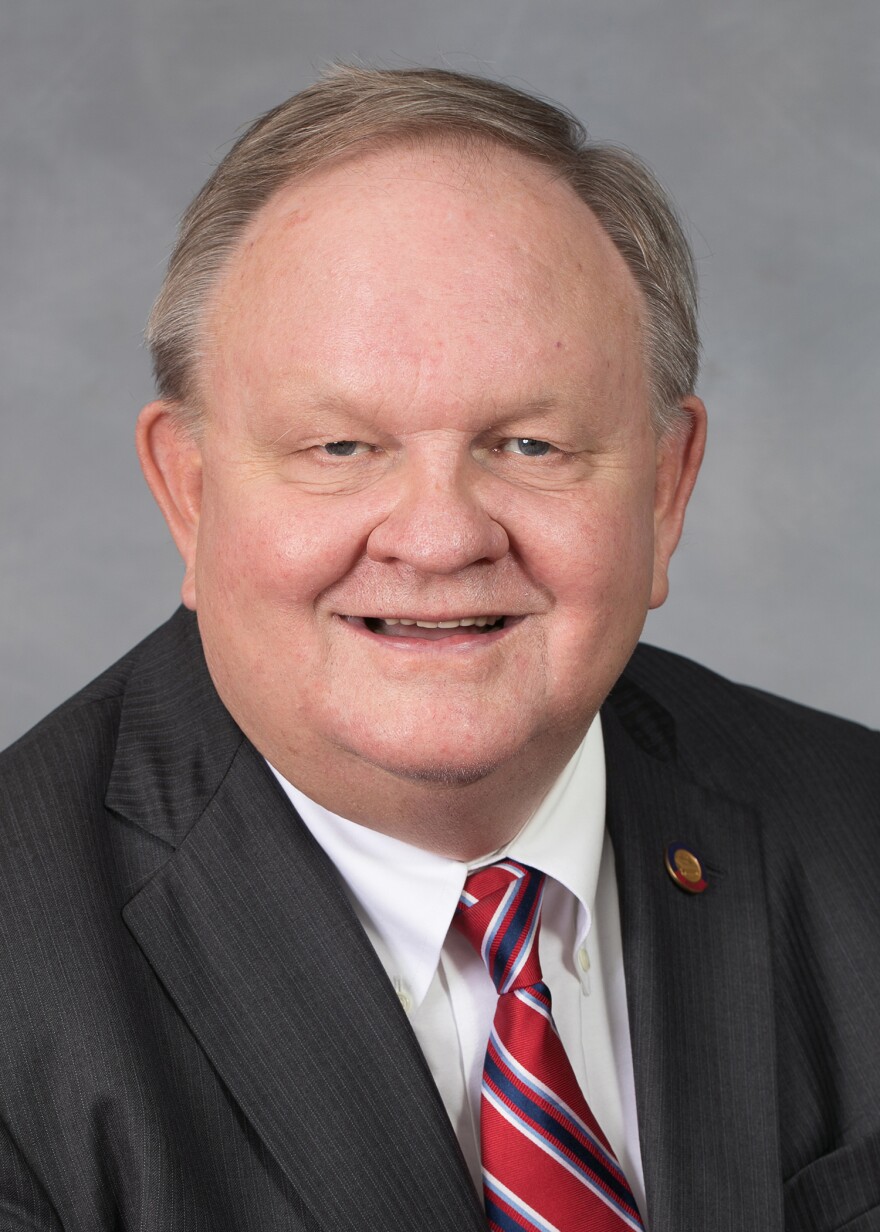State lawmakers could soon override Gov. Roy Cooper’s veto of legislation that reduces his appointment powers—a change that would remove all current members of the North Carolina Board of Transportation.
Republican legislators want to give themselves more power to control appointments to 10 powerful state boards and commissions. That would give the GOP a majority of seats on boards that make decisions about various matters, including environmental regulations, road construction, and healthcare.
Lawmakers are in a better position to pick board members because they serve districts across the state, said House Rules Chairman Destin Hall.
"The General Assembly has generally had the most authority in the state as opposed to the other two branches of government over time," Hall said when the bill passed the House last month. "And in the past, we've had these appointment authorities. So we believe that this bill is constitutional."
The bill would further weaken North Carolina’s executive branch, said Chris Cooper, political science professor at Western Carolina University.
"Our governor is really, by any metric, either the second to least powerful, or the least powerful governor in the country," Cooper said. "And this bill, if it becomes law? Well, we'll certainly continue that trend."
The change in appointments would take place gradually for some boards, but not the N.C. Board of Transportation. Its current members would immediately lose their seats, and a new board would be appointed.
The governor currently picks 14 members of the board, with the legislature selecting the other six. Under the bill, that would flip, with the legislature controlling 14 seats.
Democrats worry the new board structure could lead to conflicts with the secretary of transportation, who's appointed by the governor.

But former Rep. Chuck McGrady, who Republicans appointed to the transportation board, said he doesn't foresee more turmoil under the new structure.
"I've served on the board almost exactly three years," McGrady said. "And I can't think of any vote that had us splitting along, you know, partisan lines."
McGrady says he anticipates many of the current members would be appointed to the new board seats. He notes that a tweak to the bill language would allow former Sens. Andy Wells, R-Catawba, and Kathy Harrington, R-Gaston, to be appointed again even though they live in the same transportation district.
Wells, who's also a candidate for governor, worries that the new board structure will mean that members appointed by the legislature will have to rely on the governor's appointees and staff for information.
"I don’t have a nonpartisan staff helping me on the transportation board," he said.
When asked whether he's supportive of legislation that would weaken the office he's seeking, Wells said, "I’ll cross that bridge if and when I get to it."
Legal battle looms
One thing everyone seems to agree on: This bill will trigger a lawsuit as soon as it becomes law. The legislature previously lost a legal challenge from then-Gov. Pat McCrory, a fellow Republican, over attempts to change appointment powers.
At issue is the “separation of powers” provision in the state constitution that lays out the roles of the legislative and executive branches. Republicans say their bill is in line with the constitution because the governor would still control some seats on each board.
And they’re hoping the state Supreme Court’s new Republican majority will take their side. A previous dissenting opinion could offer a clue about how the court might rule, said Chris Cooper.
"What's really interesting about that case, was that the one person in dissent, the one justice in dissent was Paul Newby, who, of course, is now the state chief justice of the Supreme Court," he said.

House Democratic Leader Robert Reives worries the changes will make the boards less accountable, because House speaker and Senate leader would control them.
"No matter who the speaker is, whether the speaker is Democrat, Republican, unaffiliated, or whoever that is, I can promise you one thing that will never change under our government: I'll never be able to vote that person in or out of their particular office," Reives said. "So therefore, that person actually does not have any accountability to me."
Reives also questions whether voters really want such a weak governor.
"I'd be surprised if a majority of your constituents came up and said, 'You know what? That governor I just voted in, won't you guys take all that stuff away from him? I'd rather he just be somebody that goes around and gives speeches and doesn't have any real power,'" he said.
While the next governor could be a Republican, the appointments bill seems to recognize that the GOP has better odds of keeping control of the legislature, according to Chris Cooper.
"Statewide elections are much more competitive than district elections are in North Carolina, particularly given the way that our districts have been drawn in the past," he said.
The veto override vote on the bill could be on the Senate's calendar as early as Tuesday.


